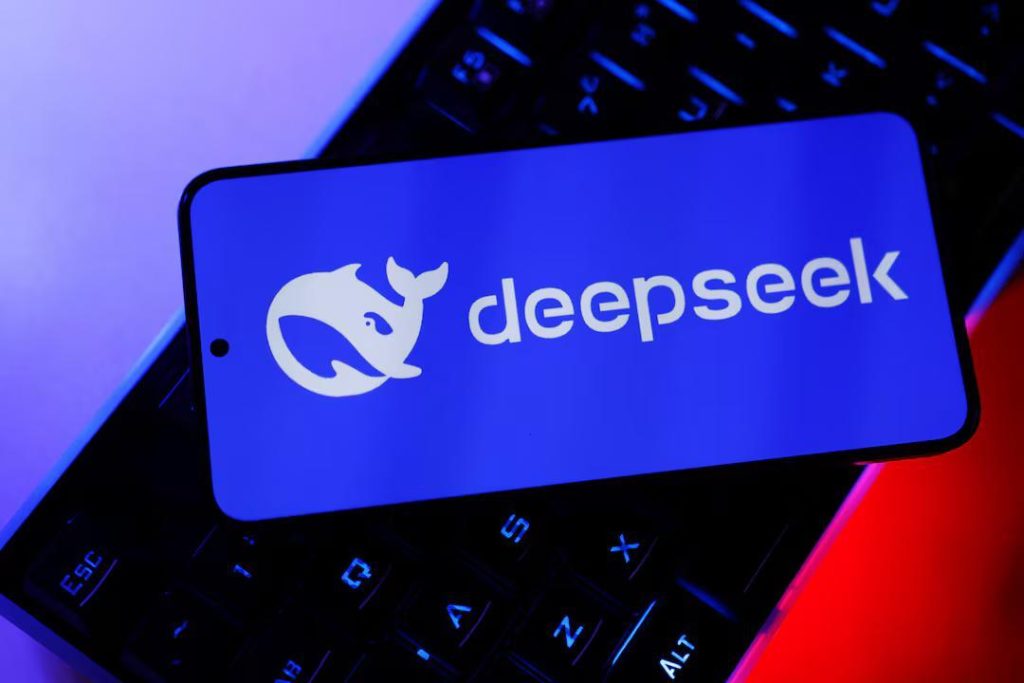
Italy Opens Probe into AI Firm DeepSeek over Hallucination Risks
In a move that highlights the growing concerns over the reliability of artificial intelligence (AI)-generated content, Italy’s antitrust body has launched an investigation into China-based AI firm DeepSeek. The probe centers around allegations that DeepSeek failed to adequately warn users about the risk of “hallucinations” in its AI-produced content, potentially misinforming or misleading individuals.
Hallucinations refer to situations where AI models generate inaccurate, misleading, or fabricated information in response to user inputs. This phenomenon has raised concerns about the potential for AI-generated content to spread misinformation, perpetuate biases, and undermine trust in digital information.
According to a report by Reuters, the Italian antitrust authority (AGCM) has opened an investigation into DeepSeek, citing a violation of Italy’s transparency law. If found guilty, DeepSeek may face a fine of up to €20 million or 4% of its global annual turnover.
DeepSeek, which is headquartered in Shanghai, has gained significant traction in recent years for its AI-powered content generation capabilities. The company’s technology enables users to input keywords or prompts, and AI algorithms generate corresponding content, including text, images, and videos.
While AI-generated content has the potential to revolutionize industries such as media, education, and entertainment, the risks associated with hallucinations cannot be ignored. As AI models become increasingly sophisticated, they are capable of generating content that is convincing and realistic, but ultimately inaccurate.
The investigation into DeepSeek is a significant development in the ongoing debate about AI transparency and accountability. It highlights the need for AI developers to prioritize user safety and transparency, ensuring that users are aware of the limitations and potential biases of AI-generated content.
The Italian antitrust authority’s decision to probe DeepSeek is also a reflection of the growing regulatory scrutiny surrounding AI. As AI technology continues to evolve and permeate various aspects of our lives, governments and regulatory bodies are seeking to establish guidelines and frameworks to ensure its safe and responsible development.
DeepSeek’s alleged failure to warn users about hallucinations is not an isolated incident. In recent years, there have been several high-profile cases of AI-generated content spreading misinformation or perpetuating biases. For instance, AI-powered chatbots have been known to produce discriminatory or inaccurate responses, while AI-generated images have been used to manipulate public opinion.
The consequences of AI-generated hallucinations can be severe. In the worst-case scenario, they can lead to financial losses, reputational damage, or even physical harm. For instance, AI-generated misinformation about the COVID-19 pandemic has been linked to increased anxiety, stress, and decreased trust in public health authorities.
In light of these concerns, it is crucial that AI developers take proactive steps to address the risks associated with hallucinations. This includes implementing robust algorithms that detect and correct inaccurate or misleading information, as well as providing users with clear warnings and explanations about the limitations of AI-generated content.
The Italian antitrust authority’s investigation into DeepSeek sends a strong message to AI firms worldwide: transparency and accountability are non-negotiable. By prioritizing user safety and transparency, AI developers can help build trust in AI-generated content and ensure its safe and responsible development.
As the AI landscape continues to evolve, it is essential that regulatory bodies, governments, and AI developers work together to establish a regulatory framework that promotes transparency, accountability, and responsible innovation. Only by working together can we harness the potential of AI while mitigating its risks and ensuring a safer, more trustworthy digital future.
Source:
https://www.reuters.com/world/china/italy-regulator-opens-probe-into-chinas-deepseek-2025-06-16/






